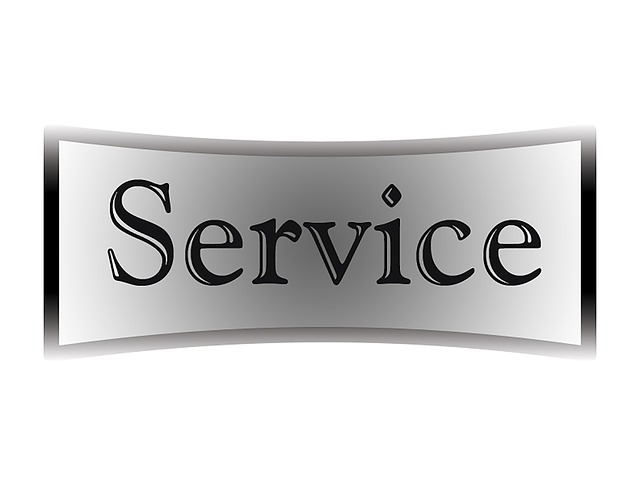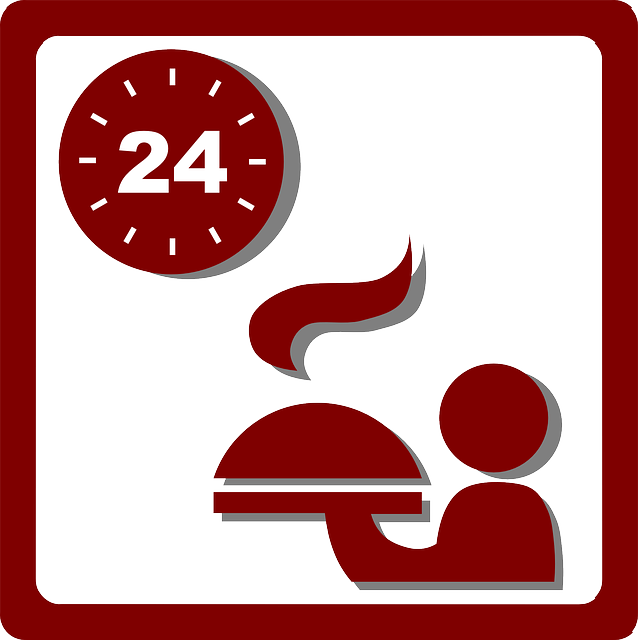Family counseling services are a comprehensive solution for addressing complex behavior issues within households. These services tackle underlying factors like communication breakdowns, emotional unmet needs, and unresolved conflicts, which often lead to children's defiance or disruptions. Through therapy, families gain tools for improved discipline, conflict resolution, and emotional support, fostering healthier dynamics and stronger relationships. Ideal candidates are those facing challenges impacting family functioning, such as ADHD, anxiety, or communication issues. Various tailored approaches, including cognitive-behavioral therapy (CBT) and systemic therapy, empower families with strategies to manage behavior problems and build resilience. A safe, supportive environment in counseling sessions encourages open communication, empathy, and trust among family members, leading to lasting behavioral changes. Regular progress monitoring ensures the effectiveness of treatment and adapts interventions to meet evolving needs, ultimately strengthening familial bonds and teaching effective communication strategies for future conflicts.
Family therapy offers a powerful solution for addressing behavior issues within families. This comprehensive guide explores the benefits of family counseling services, providing insights into how professional intervention can transform challenging behaviors. We’ll cover identifying suitable candidates, diverse therapy approaches, and creating a supportive environment.
By engaging all family members and setting realistic goals, therapists facilitate healing and strengthen bonds. Through structured strategies and ongoing progress monitoring, family counseling services empower families to build resilience and cultivate positive change.
Understanding Behavior Issues in Families: Common Challenges

Behavior issues within families are complex and multifaceted, often stemming from a combination of environmental, psychological, and social factors. What may appear as defiance or disruptive behavior in children is frequently a symptom of deeper underlying problems that affect the entire family dynamic. Common challenges include communication breakdowns, lack of structured boundaries, unmet emotional needs, and unresolved conflicts.
These issues can perpetuate a cycle of tension and negative interactions, impacting not just the child’s behavior but also the mental health and well-being of parents and siblings. Family counseling services play a crucial role in breaking this cycle by providing a safe space to explore these challenges collectively. Through effective communication strategies, structured routines, and emotional support, family therapy aims to address the root causes, improve relationships, and foster healthier behaviors within the household.
Benefits of Family Counseling Services for Behavioral Problems

Family counseling services play a pivotal role in addressing and resolving behavior issues within families. One of the key benefits is that it fosters open communication, allowing all family members to express their feelings and concerns in a safe and non-judgmental environment. This enhanced dialogue helps identify underlying causes of behavioral problems, which may be related to miscommunication, unresolved conflicts, or even deeper emotional issues. By bringing everyone together, family counseling services encourage collaboration and shared problem-solving, empowering the family to tackle challenges as a united front.
Moreover, these services provide valuable tools and strategies to manage and improve behavior. Trained therapists offer guidance on effective discipline techniques, conflict resolution skills, and positive reinforcement methods. They help families develop better coping mechanisms and enhance their overall emotional intelligence, leading to more harmonious interactions. Through regular sessions, family members learn to navigate conflicts constructively, strengthen bonds, and create a supportive environment that promotes healthy behavior.
Identifying Suitable Candidates for Family Therapy

Identifying suitable candidates for family therapy is a critical step in ensuring effective treatment for behavior issues. Family counseling services are ideal for families experiencing challenges that impact their overall functioning and relationships. These issues can range from communication problems, conflict resolution difficulties, or specific behavioral disorders like ADHD, anxiety, or oppositional defiant disorder (ODD). Professionals look for families willing to actively participate in the process, demonstrating a commitment to addressing underlying dynamics and implementing changes at home.
Family therapy is particularly beneficial when there’s a need to improve family connections, enhance communication, and develop healthier coping strategies. It involves all family members, creating a safe space for open dialogue and understanding. This collaborative approach allows each individual’s perspective to be heard, fostering an environment where behavior issues can be effectively addressed and resolved over time.
Types of Family Therapy Approaches for Behavior Modification

Family therapy for behavior issues often employs various approaches tailored to address specific challenges within a household. One prominent method is family counseling services, which involve all family members in an effort to improve communication, resolve conflicts, and promote positive behaviors. This collaborative process helps identify underlying triggers contributing to behavioral problems and equips families with effective coping strategies.
Other therapeutic models include cognitive-behavioral therapy (CBT), which focuses on identifying and changing negative thought patterns and behaviors, and systemic therapy, that analyzes family dynamics and relationships to foster healthier interactions. These approaches often incorporate practical tools and techniques to enhance family functionality, discipline strategies, and problem-solving skills, ultimately aiming to create a more harmonious and supportive family environment.
Creating a Safe and Supportive Environment During Sessions

During family therapy sessions, creating a safe and supportive environment is paramount for effective treatment. This involves fostering an atmosphere where every member feels heard, respected, and valued, regardless of their behavior issues. Family counseling services should encourage open communication, ensuring that all participants feel comfortable expressing their thoughts and emotions without fear of judgment or retribution. Techniques such as active listening, empathetic response, and non-judgmental attitudes from the therapist are crucial in cultivating this space.
The environment should also be structured to promote positive interactions. This means setting clear boundaries and rules while maintaining a warm and welcoming ambiance. By doing so, family counseling services can help de-escalate tensions, build trust among family members, and encourage constructive dialogue. When each individual feels supported and secure, they are more likely to engage in meaningful problem-solving, leading to lasting behavioral changes within the family unit.
Engaging All Family Members in the Healing Process

In effective family therapy for behavior issues, engaging all family members is paramount to achieving lasting progress. Family counseling services often emphasize the importance of collective participation as behavior problems are typically rooted in systemic dynamics and require everyone’s buy-in to be successfully addressed. When parents, siblings, and other significant figures actively participate, they gain a deeper understanding of their roles in both perpetuating and mitigating the issue. This shared knowledge fosters an environment of empathy, cooperation, and accountability, creating a strong foundation for healing.
Involving every family member allows therapists to gather diverse perspectives, ensuring that no underlying factors are overlooked. It also enables each individual to learn coping strategies tailored to their unique needs, promoting better communication and conflict resolution skills within the family unit. Through collaborative efforts, families can develop healthier patterns, strengthen bonds, and cultivate a supportive network that enhances the overall well-being of all its members.
Setting Realistic Goals and Expectations for Improvement

When engaging in family therapy for behavior issues, setting realistic goals and expectations is a cornerstone of successful outcomes. This process involves collaborative goal-setting between therapists and families, taking into account each member’s unique perspectives and needs. By aligning with what is achievable and meaningful to the family, these goals provide a sense of direction and purpose throughout the therapy journey. Realistic expectations ensure that everyone understands the potential timeline for improvements, acknowledging that change takes time and consistent effort.
Family counseling services tailor this process to address specific behaviors while considering the family’s overall dynamics. Therapists guide families in breaking down larger goals into smaller, manageable milestones, celebrating each achievement along the way. This approach not only fosters a sense of progress but also strengthens family bonds by encouraging open communication and mutual support. Realistic goal-setting empowers families to navigate challenges with resilience, understanding that improvement is an ongoing process.
Monitoring Progress and Adjusting Treatment Strategies

After starting family therapy for behavior issues, it’s crucial to monitor progress regularly. This involves tracking improvements or challenges that arise during treatment. Family counseling services often utilize a combination of assessment tools and direct observation to gauge progress. These methods help therapists understand what strategies are effective and which may need adjustment. Regular monitoring allows for timely changes in treatment plans, ensuring that the approach remains tailored to the family’s evolving needs.
If progress isn’t as rapid or significant as expected, therapists can adjust their treatment strategies accordingly. This might involve modifying the therapeutic techniques used, incorporating new interventions, or providing additional resources and support. The goal is to create a dynamic and responsive process that fosters positive change within the family unit.
Building Resilience and Strengthening Family Bonds

Family therapy, often facilitated through professional family counseling services, is a powerful tool for addressing behavior issues within families. One of its key objectives is to build resilience and strengthen the bonds that hold families together. Through structured sessions, family members learn effective communication strategies, improving their ability to navigate challenges as a united front. This enhanced connectivity fosters an environment where each member feels valued and understood, boosting overall emotional well-being.
The process encourages open dialogue, helping families identify underlying triggers contributing to behavioral problems. By understanding these triggers, they can develop healthier coping mechanisms and positive discipline strategies. Over time, this not only resolves immediate issues but also equips families with long-lasting skills to manage future conflicts constructively, further strengthening their familial resilience.
